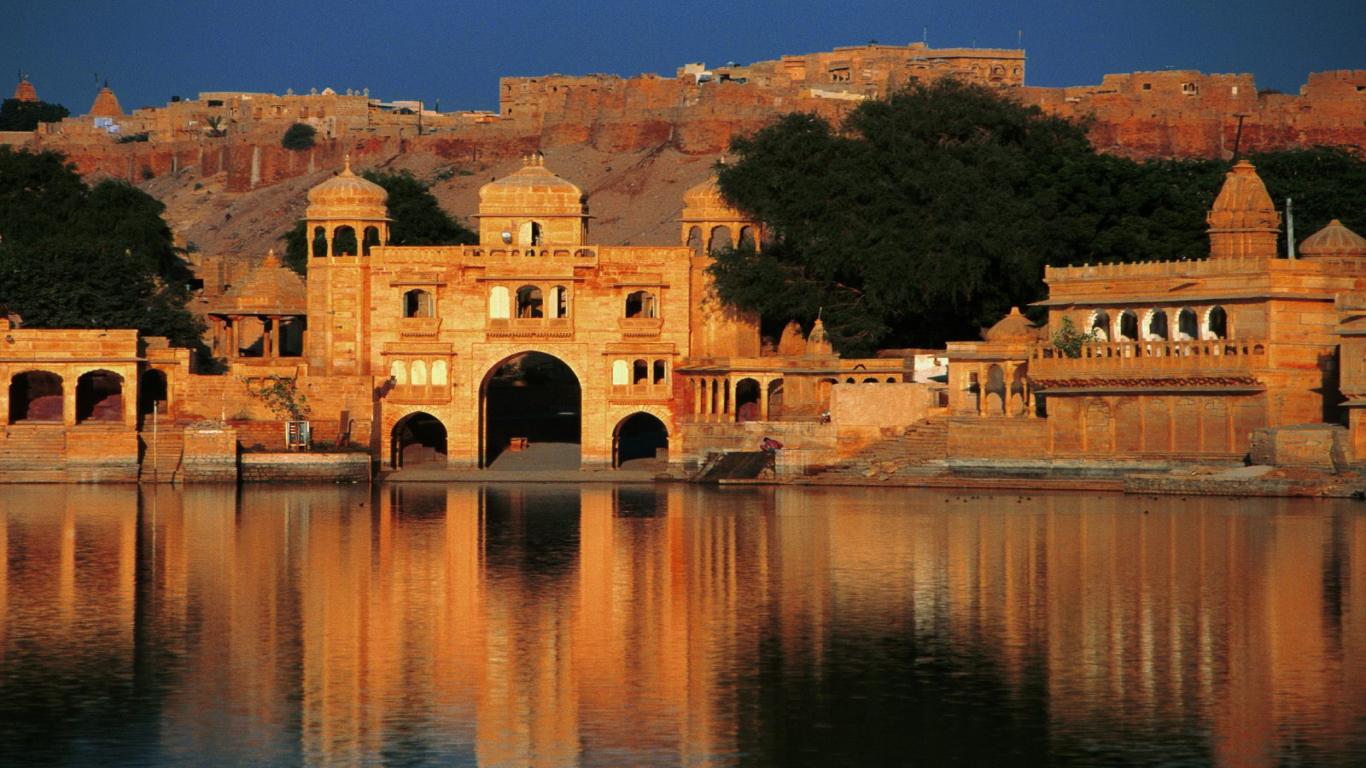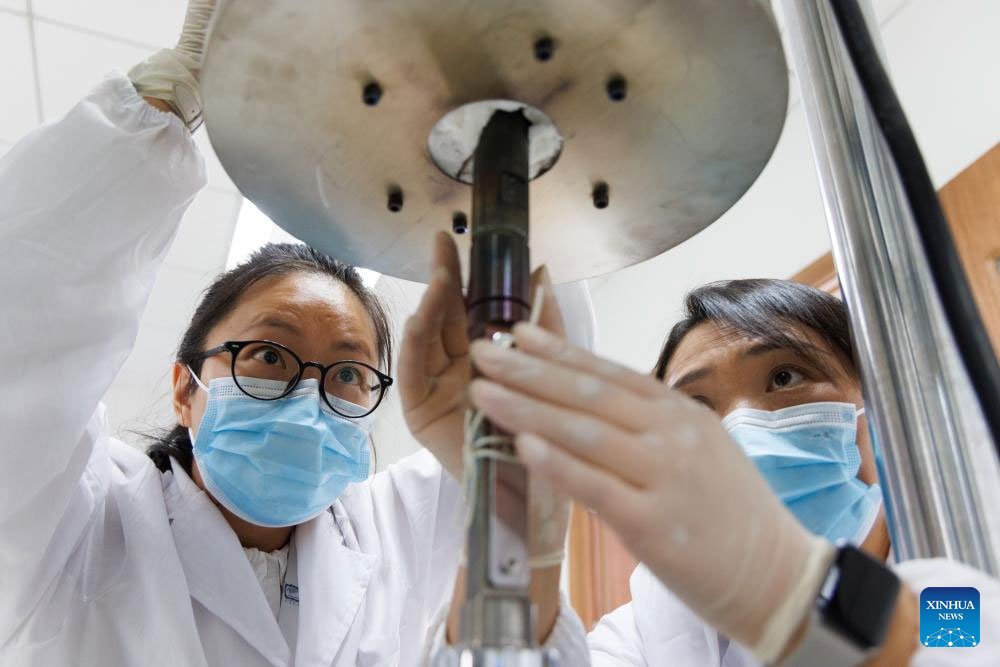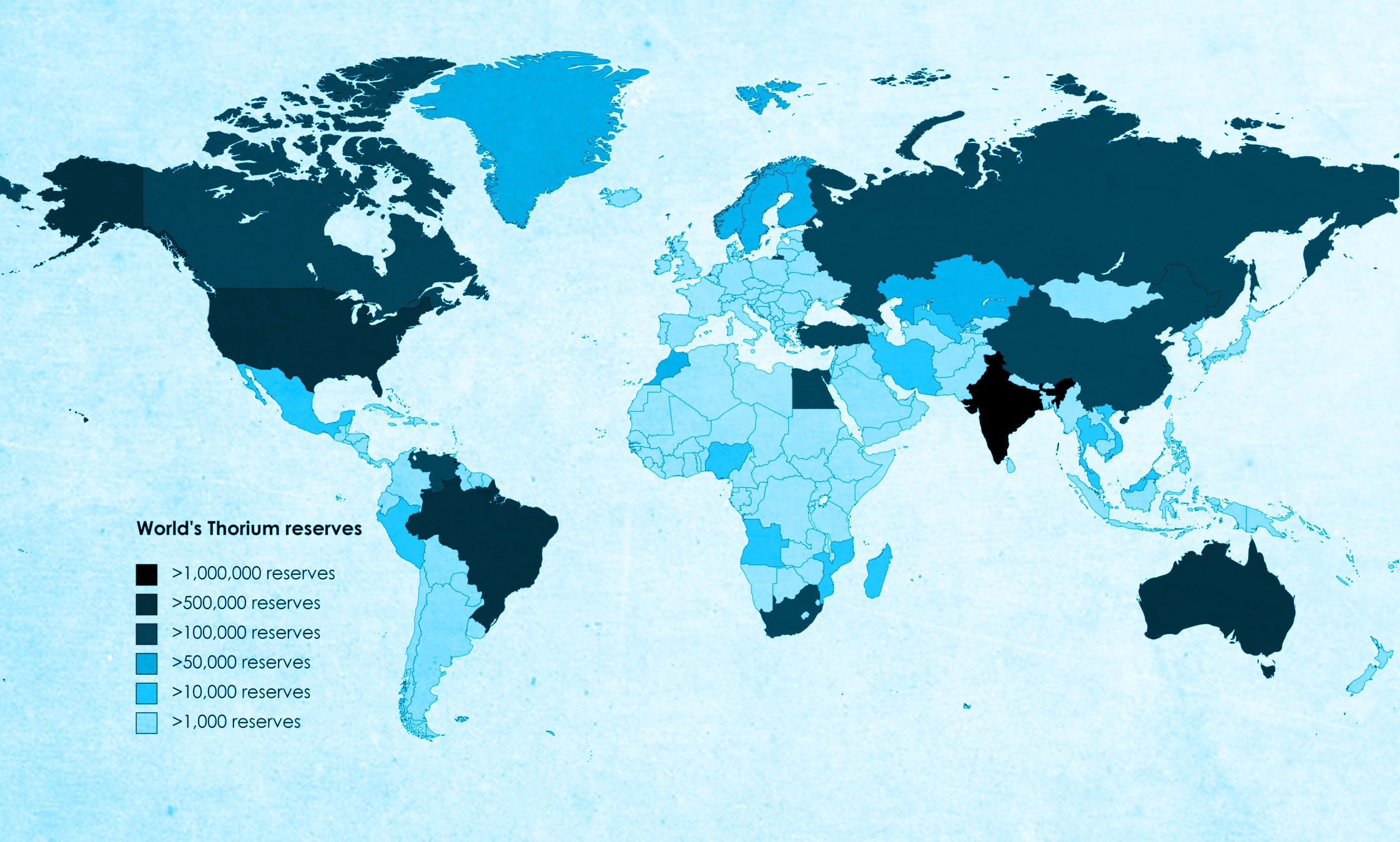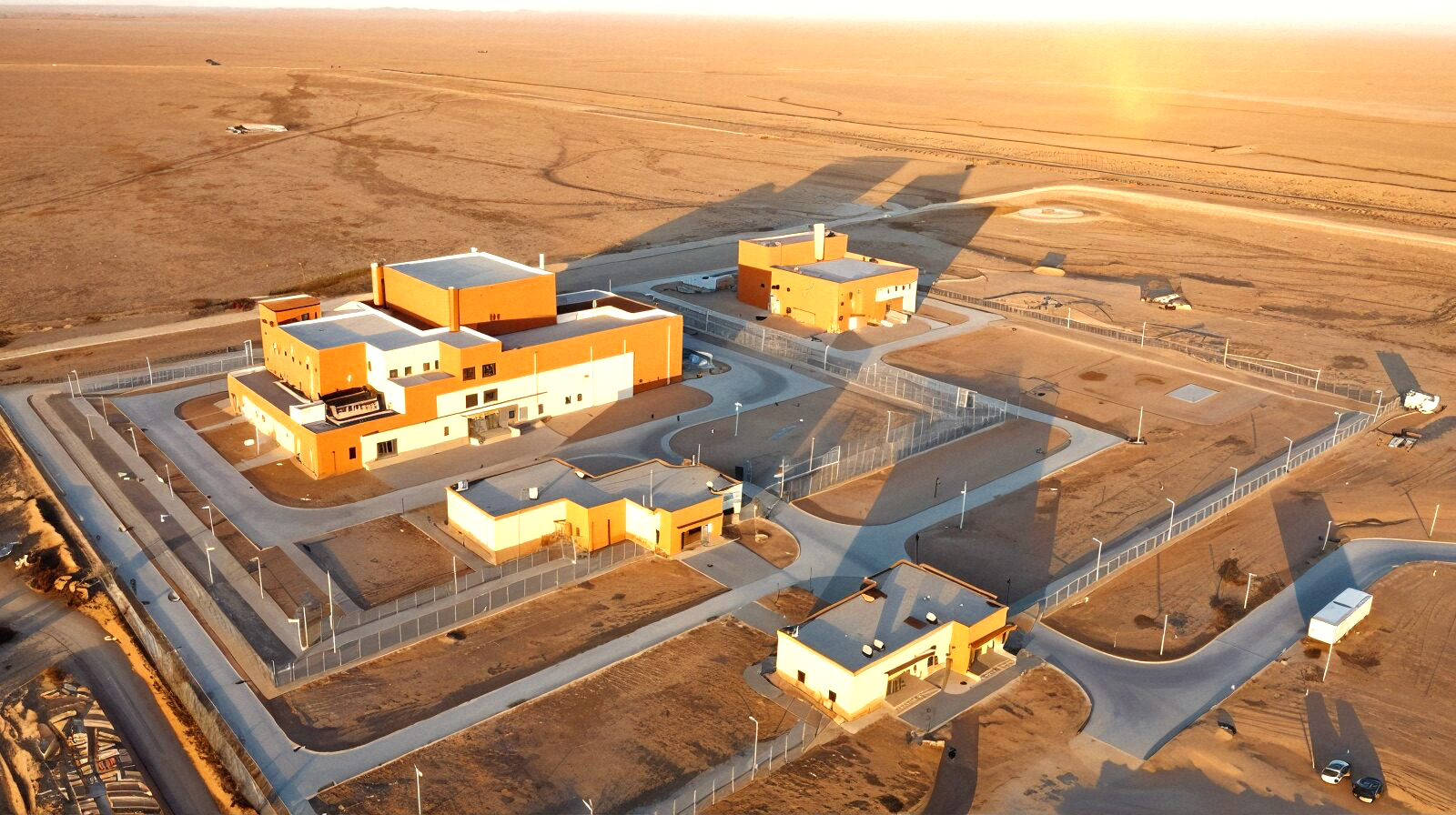India should allow private companies to mine monazite—the key source of thorium—and streamline regulations to boost production, according to the Mining Engineers’ Association of India (MEAI).
Thorium plays a central role in India’s three-stage nuclear power strategy, yet monazite mining remains restricted to Indian Rare Earths Ltd (IREL), a government-run enterprise. MEAI leaders argue that this monopoly limits growth despite India holding an estimated 11.93 million tonnes of monazite, the world’s largest known reserves.
MEAI President Arjeth Bagchhi emphasized that India’s output of heavy minerals such as ilmenite, rutile, zircon, garnet and sillimanite is disproportionately low compared to its vast resource base. He called for faster environmental and land clearances, updated policy frameworks and greater flexibility in accessing energy and water for operations.
Former MEAI President T. V. Chowdary described the prohibition on private monazite mining as unnecessary and counterproductive, noting that private firms extract monazite in several other countries. He argued that opening the sector would significantly benefit both the economy and India’s nuclear ambitions.
The association also highlighted that beach sand mining—which yields these heavy minerals—returns most of the sand to the shore after extraction, distinguishing it from illegal river sand mining. MEAI members noted that improved clearance timelines and simplified regulatory tiers could help unlock substantial production capacity.
India’s beach sand mineral reserves are largely concentrated in Odisha, Andhra Pradesh, Karnataka, Kerala and Maharashtra. Despite holding more than 500 million tonnes of ilmenite and over 32 million tonnes of zircon resources, annual production remains a fraction of potential.







